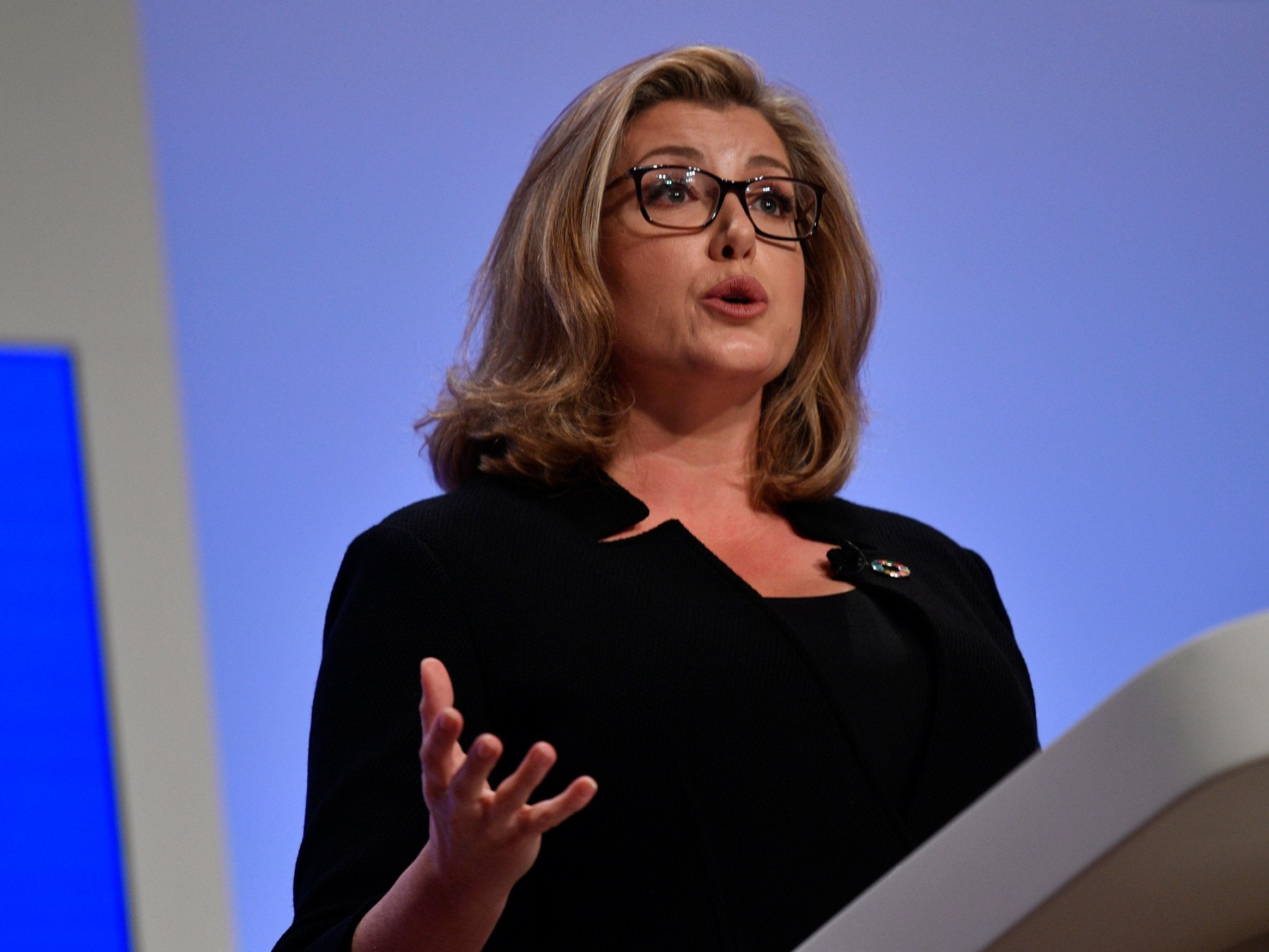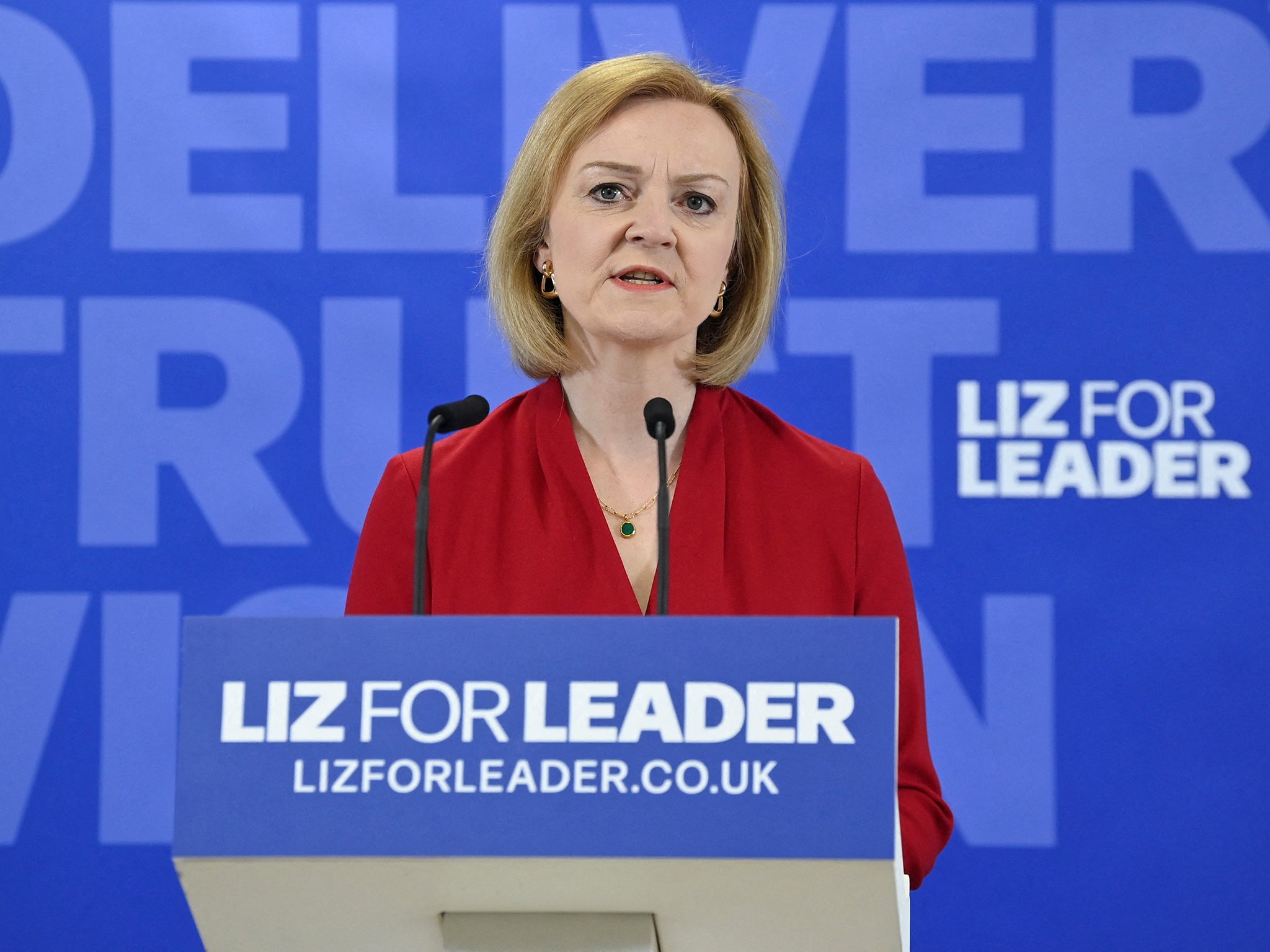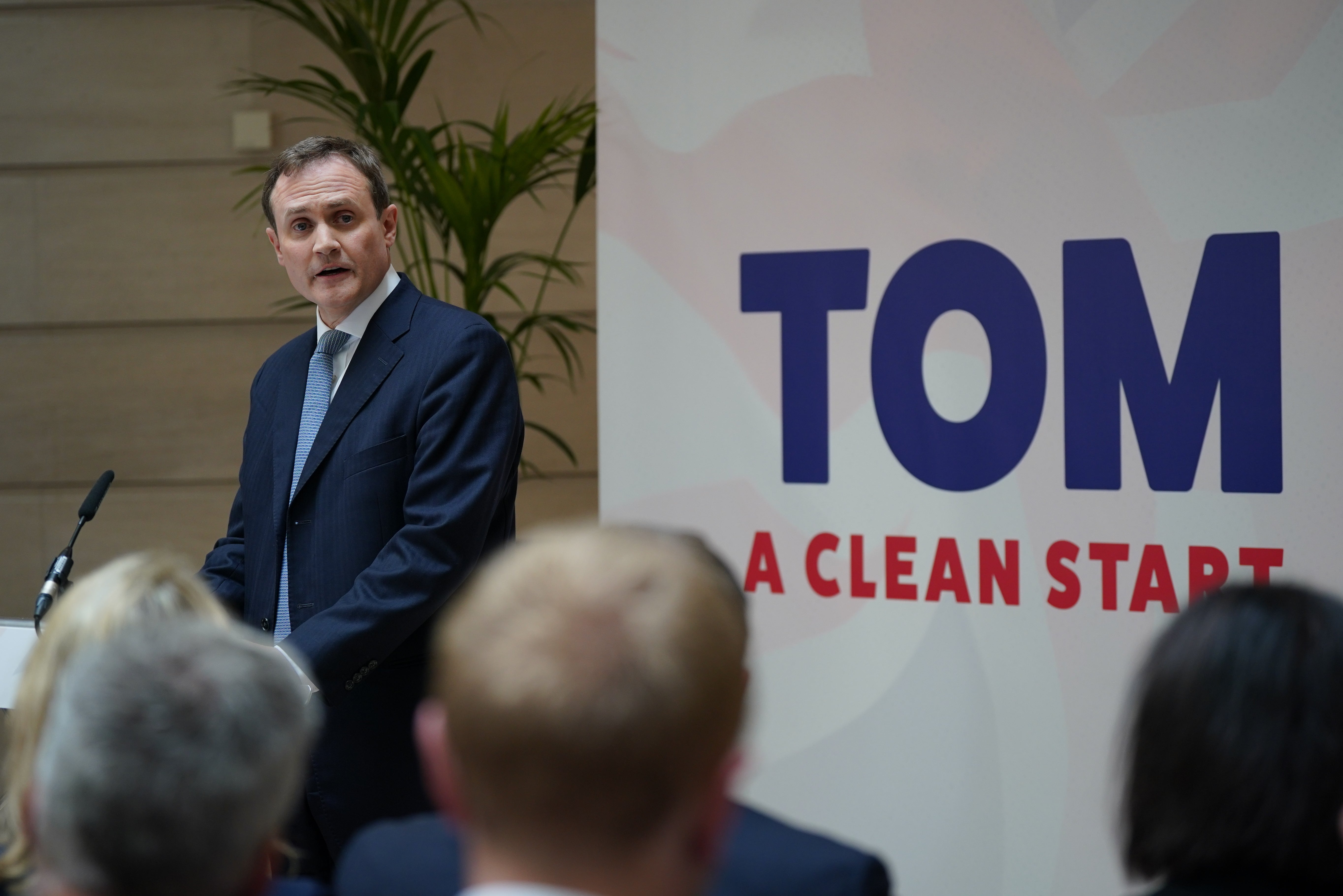
It seems fair to say the views that some Conservative MPs hold on abortion are wholly different to the wider British public. After all, Jacob Rees-Mogg, the minister of state, has previously said he is “completely opposed” to abortion, including in instances when the woman fell pregnant as a result of rape or incest.
The MP for North East Somerset’s view is at direct loggerheads with the beliefs espoused by the overwhelming majority of Britons. A study, by YouGov and MSI Reproductive Choices UK, previously found nine in 10 UK adults think women should be able to access abortion services in Britain and specifically identify as being “pro-choice”.
This raises the question of where the various Conservative Party candidates running to be leader stand on abortion. Using analysis from the British Pregnancy Advisory Service (BPAS), the UK’s largest abortion provider, The Independent has taken a look at the approach which the half a dozen Tory MPs, who have thrown their hat into the ring to become the next party leader and thus the next PM, take on reproductive rights.
It comes as the issue of abortion provision in the UK gains growing traction in the wake of the US Supreme Court overturning Roe v Wade - the landmark decision that legalised abortion nationwide in 1973 - last month. Millions of women in America have now lost their legal right to terminate a pregnancy, with more than half of US states expected to ban abortion or heavily restrict policies in the wake of the decision. Some states are set to ban abortions even when a pregnancy is a result of rape or incest.
Rishi Sunak
The former Chancellor of the Exchequer, whose resignation from government last week alongside Sajid Javid, spawned a landslide which resulted in more than 50 Tory ministers taking his lead, is one of the frontrunners to become the new leader.
But what is Mr Sunak’s voting record on abortion? The MP for Richmond in North Yorkshire has chosen to abstain from all major votes on abortion rights since he became an MP – with these votes centring around telemedicine and buffer zones.
A buffer zone stops anti-abortion protesters or any other types of demonstrators standing outside the clinic or in the near vicinity to it. Campaigners have long been calling for the government to roll out buffer zones outside abortion clinics nationally.

The government rejected calls for the introduction of buffer zones barring anti-abortion demonstrations outside clinics across the UK in October 2018. Local councils are able to introduce such measures under legislation rolled out in 2014 – with Ealing Council in west London introducing the UK’s first-ever buffer zone around an abortion clinic in 2018.
Mr Sunak has also abstained from votes on abortion in Northern Ireland and the decriminalisation of abortion in England and Wales. The latter vote refers to the fact abortions are still deemed a criminal act in England, Scotland and Wales under the 1967 Abortion Act. If any medical professional delivers an abortion out of the terms of the act, they are at risk of facing criminal punishment.
While legislation passed in 1861 means any woman who ends a pregnancy without getting legal permission from two doctors, who must agree continuing with it would be risky for the woman’s physical or mental health, can face up to life imprisonment.
Penny Mordaunt
Ms Mourdant, the trade minister, is the most outspoken proponent of reproductive rights of the various Tory leadership candidates.
The MP for Portsmouth North voted in favour of a system referred to as telemedicine for abortion. While having a medical abortion involves taking two tablets, before Covid hit, getting the first tablet, mifepristone, required a visit to an abortion clinic.
But after the pandemic shut down the UK, the government allowed the medication to be sent by post to be taken at home after a phone consultation, a system referred to as telemedicine or pills by post.

While Ms Mourdant abstained from voting against buffer zones, she has voted in favour of the decriminalisation of abortion in England and Wales, as well as voting for abortion in Northern Ireland.
In Northern Ireland, abortion was banned in almost all circumstances, even rape and incest, with women seeking terminations facing life imprisonment, until it was legalised in October 2019. While abortion has been decriminalised there, abortions still remain hard to obtain due to services not being commissioned because of a stalemate at Stormont.
Liz Truss
Ms Truss, the foreign secretary, abstained from votes on telemedicine, buffer zones, and the decriminalisation of abortion in England and Wales.
At the end of March, MPs voted to make telemedicine permanent in England after a lengthy campaign by pregnancy termination services to keep at-home early medical abortions in place.
While telemedicine for abortion was due to run out on 25 March, the government declared a six-month extension after lengthy delays to ministers clarifying their position.

After the extension period, women who ordered abortion medication to take at home would have been breaking the law and could therefore have faced criminal penalties. Some 215 politicians voted in favour of telemedicine measures, while 188 MPs voted against.
On the other hand, Ms Truss did vote in favour of abortion in Northern Ireland. The termination of pregnancies became legal in Northern Ireland in October 2020 after MPs in Westminster voted by a landslide in July that year, with the vote passed by 332 to 99.
BPAS states Ms Truss has overlooked their demands to publicly denounce the US Supreme Court’s decision to overturn Roe V Wade.
Tom Tugendhat
The MP for Tonbridge and Malling voted in favour of decriminalising abortion in Northern Ireland but has chosen to abstain from votes on telemedicine, decriminalisation in England and Wales and buffer zones.

Kemi Badenoch
The Minister of State for Local Government, Faith and Communities abstained from parliamentary votes on buffer zones, abortion in Northern Ireland and the decriminalisation of abortion in England and Wales.

However, Ms Badenoch, who is the levelling up minister, voted against telemedicine.







